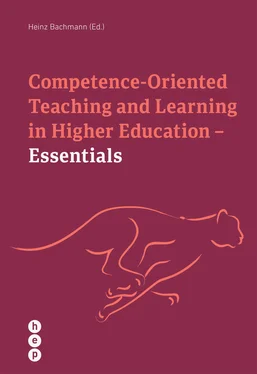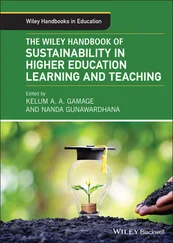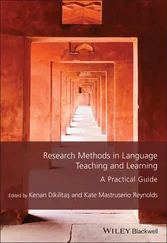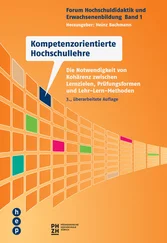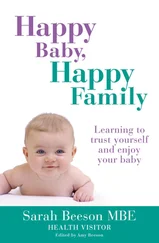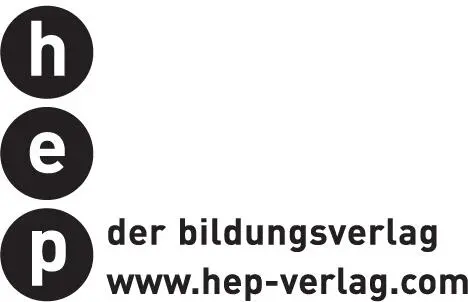
Heinz Bachmann (Ed.)
Competence-Oriented Teaching and Learning in Higher
Education – Essentials
ISBN Print: 978-3-0355-1237-3
ISBN E-Book: 978-3-0355-1250-2
First Edition printed in 2018
All rights reserved
© 2018 hep verlag ag, Berne, Switzerland
www.hep-verlag.com
 |
Additional materials and offers for this book: http://mehr.hep-verlag.com/essentials |
Content
Preface Preface To collect the essentials of teaching in higher education in a short book for busy novice faculty is a challenging if not impossible task. There are no easy recipes for coping with the complexity of processes of teaching and learning. Still, we believe it is worth trying to point out the essential considerations that faculty in any subject and in any higher education context should keep in mind when they engage in teaching. If faculty manage to shift their focus away from their own “performance on stage” as a teacher to the effect their teaching has on the learning of individual students, they are on track. For over 10 years at the Centre for Teaching and Learning in Higher Education at Zurich University of Teacher Education we have supported faculty coming from a wide variety of disciplines, mainly from Swiss universities of applied sciences, in reflecting and further developing their teaching. Although they keep telling us how unique their teaching context is, and while we are aware of the benefits of a discipline-specific approach to faculty development, we remain convinced that some of the issues affecting beginning faculty are surprisingly similar. Various parts of the book address three essential competences necessary to further academics’ teaching approaches: the planning of a course or degree programme, the practice of active learning methods and the use of formative assessment, from a theoretical but also practical point of view. With this book, we also are looking forward to sharing and discussing experiences with colleagues teaching in other countries (e.g. in the context of various international collaborations). Ultimately, we would like to support individual faculty in understanding their teaching as research; this means, investigating their teaching by starting to formulate hypotheses and possible questions about the effects of their respective interventions. Only with an evidence-based approach, focused on what works with an individual group of students, can faculty slowly but steadily develop effective approaches to teaching that match students’ needs in a particular context. In this sense, we encourage readers to make a proof of concept of what is discussed in this book in their daily teaching practice and further develop their own strategies. With best wishes for rewarding and effective learning processes for both you and your students. Franziska Zellweger Head of the Centre for Teaching and Learning at Zurich University of Teacher Education
Heinz Bachmann
Introduction and structure of the book
Essentials for teachers in higher education
The book’s structure
A focus on student learning
Heinz Bachmann
1Higher education teaching redefined – the shift from teaching to learning
1.1Higher education teaching in view of the Bologna Process
1.2Performing – learning – teaching
1.3On the way to a new teaching-learning culture
1.4Student-centred teaching
1.5Employability – competence orientation – learner orientation
1.6Competence-oriented degree programmes
1.7Competence – a fuzzy concept
1.8Key competences
1.9Competence development
1.10New roles for teachers and students
1.11Summary
1.12Literature
Heinz Bachmann
2Formulating learning outcomes
2.1Learning outcomes contextualised
2.2General considerations regarding the term objective
2.3What are learning outcomes?
2.4Learning objective taxonomies
2.5Subject-specific learning objectives
2.6Transversal learning objectives (key competences)
2.7Check list for formulating learning outcomes
2.8Examples of learning outcomes
2.9Coherence of learning outcomes, teaching methods and forms of assessment
2.10Summary
2.11Literature
Yvo Wüest & Franziska Zellweger
3Strategies to reduce learning content
3.1Too much content – too little time
3.2Reduction – what is the teacher’s task?
3.3Selection and preparation of learning content in four steps
3.4Methods for the reduction of learning content
3.4.1Advance Organizer
3.4.2Identifying key messages
3.4.3Encouraging students to actively engage with learning content
3.5Concluding remarks
3.6Literature
Mònica Feixas & Tobias Zimmermann
4Competence-oriented approaches to assessment
4.1Introduction
4.2Conceptualisation of assessment – what is assessment? 75
4.3How can assessment be approached?
4.3.1Reference standards
4.3.2Some remarks on summative assessment and grading
4.4What to assess? Assessment of competences
4.4.1Assessment of competences
4.4.2How to assess higher-order thinking skills
4.5How to assess? Criteria, tools and procedures
4.5.1Criteria for assessing
4.5.2Quality of assessments
4.5.3Cognitive bias
4.5.4Rubrics
4.5.5Avoiding plagiarism
4.6When to assess?
4.6.1Moments: before, during and after
4.6.2Formative feedback: a reciprocal endeavour
4.7Who can assess? Teacher, external, self-assessment and peer assessment
4.8Assessing students with special educational needs and disabilities (SEND)
4.9Designing an assessment approach
4.10Concluding remarks: a compulsory check-list of ten principles for assessors
4.11Literature
Ulrike Hanke
5Evidence-based teaching – lessons you can learn from psychology for your teaching practice
5.1Learning and its conditions
5.2Consequences for teaching
5.2.1Teaching interventions
5.2.2Teaching intervention: emotionally enriched provocation
5.2.3Teaching intervention: activation of prior knowledge
5.2.4Teaching intervention: information about learning objectives and their relevance
5.2.5Teaching intervention: example-based presentation
5.2.6Teaching intervention: stimulus for reflection
5.2.7Teaching intervention: practice
5.2.8Considering emotions in teaching – environmental aspects
5.2.9Various options
5.2.10Respect and interaction
5.2.11Adequate difficulty and structure
5.3Summary
5.4Literature
Glossary
Appendix
About the editor
Preface
To collect the essentials of teaching in higher education in a short book for busy novice faculty is a challenging if not impossible task. There are no easy recipes for coping with the complexity of processes of teaching and learning. Still, we believe it is worth trying to point out the essential considerations that faculty in any subject and in any higher education context should keep in mind when they engage in teaching. If faculty manage to shift their focus away from their own “performance on stage” as a teacher to the effect their teaching has on the learning of individual students, they are on track.
For over 10 years at the Centre for Teaching and Learning in Higher Education at Zurich University of Teacher Education we have supported faculty coming from a wide variety of disciplines, mainly from Swiss universities of applied sciences, in reflecting and further developing their teaching. Although they keep telling us how unique their teaching context is, and while we are aware of the benefits of a discipline-specific approach to faculty development, we remain convinced that some of the issues affecting beginning faculty are surprisingly similar.
Читать дальше
